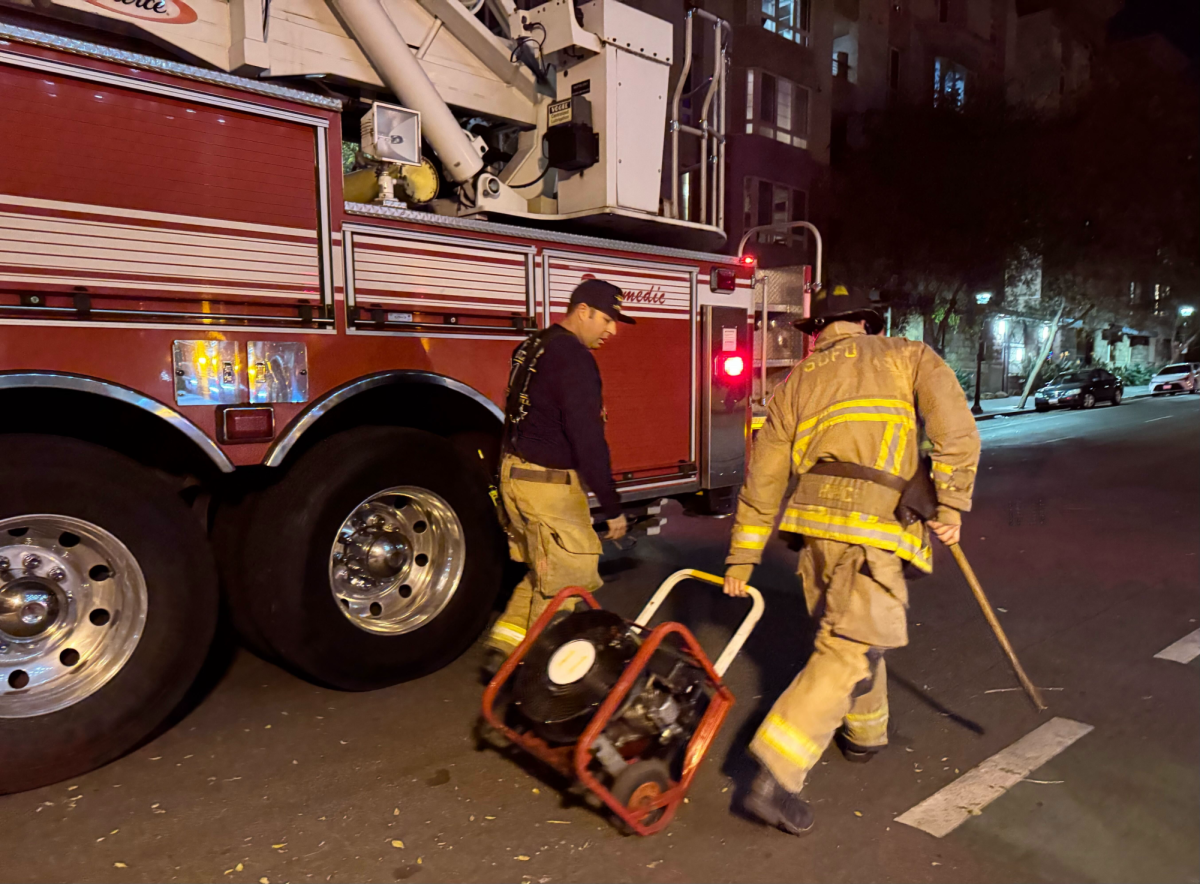SAN DIEGO (U-WIRE) – San Diego lawmakers added another law to a growing number of ordinances designed to combat the prevalence of mini-dorms, but put off another for further consideration in January.
The San Diego City Council voted in a 6-1 decision last month to pass the Residential High Occupancy Permit. The other proposal also up for a vote – the Rooming House Ordinance – did not pass, much to the dismay of many College Area and Pacific Beach residents who are most impacted by mini-dorms.
Mini-dorms are not defined by law but are generally recognized as nuisance rentals occupied by multiple adults in a single-family residential neighborhood. They are popular with students because the cost can be divided among many tenants and they offer more freedom than residence halls.
The RHOP is modeled after an ordinance in San Luis Obispo and is designed to discourage the rental of single dwelling units to six or more adults who are over the age of 18. Such residences would require a permit that would cost $1,000 and be up for annual review. The law will be enforced on a complaint basis and applies citywide.
Similar objections to a portion of this law were raised by College Area Community Council President Doug Case, Councilman Ben Hueso and Councilman Kevin Faulconer, who all thought the $1,000 fee needed to be addressed. The CACC suggested that the fee was excessive and could have unintended consequences across the city. The CACC recommended a hardship waiver for poor extended families who could be impacted by the law. According to the city attorney’s office and the planning commission, the fee is set at $1,000 in order to be cost-recoverable.
During the public comment portion of the meeting, the majority of the comments were in favor of both ordinances. Residents pleaded council members to pass both ordinances immediately, but the council was unable to pass the RHO.
The RHO defines a rooming house as “a dwelling unit where three or more rooms are rented under three or more rental agreements, or, where fewer than three rental agreements results in three or more separate households, or integrated economic units.”
Much of the controversy centered around the term “integrated economic units” and the factors code enforcers would use to determine such a relationship.
A student who spoke during the public comment period voiced his concern that he and his fraternity brothers with would not be considered an “integrated economic unit” and therefore, in violation of the law if they chose to live together.
Councilman Jim Madaffer, who represents the College Area, objected to the RHO because although he was supportive of the intent, he had problems with inconsistencies between the planning commission and the city attorney’s office. Madaffer said he wanted to make a strong law that would hold up in court, not to make a hasty decision.
The RHOP will return for a second reading in January, as will a revised RHO with more information for a first reading.
Categories:
San Diego mini-dorm law passes City Council
December 11, 2007
Donate to City Times
Your donation will support the student journalists of San Diego City College. Your contribution will allow us to purchase equipment, cover the cost of training and travel to conferences, and fund student scholarships. Credit card donations are not tax deductible. Instead, those donations must be made by check. Please contact adviser Nicole Vargas for more information at [email protected].







